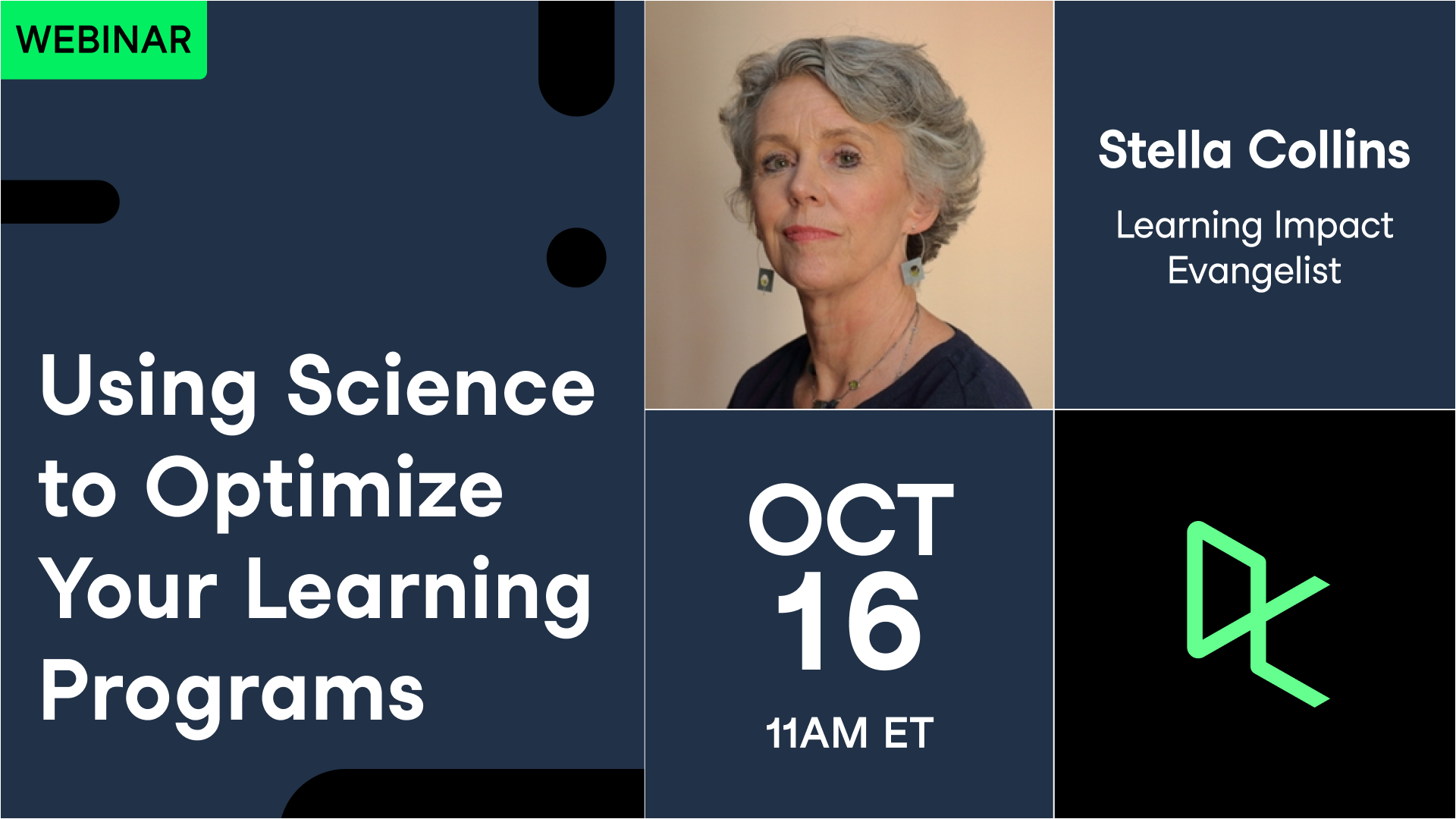Relacionado
webinar
How You & Your Team Can Learn Data Skills More Effectively
In this session Jo Boaler, the Nomellini & Olivier Professor of Mathematics Education at Stanford University, explains what we know about how to learn quantitative subjects well.webinar
The Executive Guide to Data & AI Literacy
Experts share how to design and implement a literacy strategy that works. Hear practical lessons on training at scale, increasing data and AI maturity, and identifying the highest-impact use cases.webinar
Train Your Workforce to Thrive in a Data-Driven Age
Develop a scalable data training program and measure its effectiveness.webinar
How Data Can Supercharge L&D
Lori Niles-Hofmann, Senior EdTech Transformation Strategist at 8Levers, shares how L&D leaders can leverage data to maximize the impact of their programs.webinar
Scaling Data Science At Your Organization - Part 3
Learn how to organize your data science team to scale effectively.webinar

